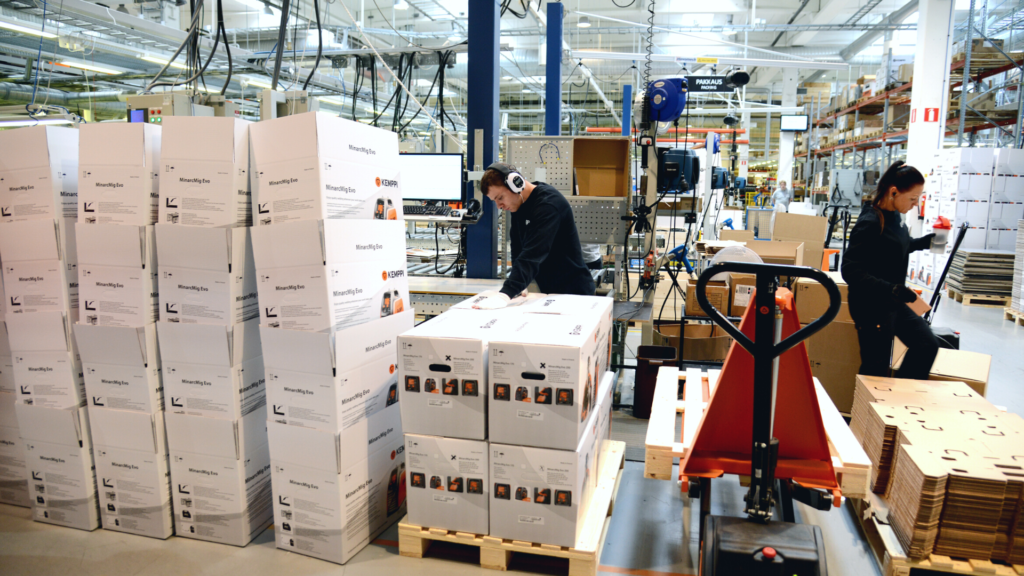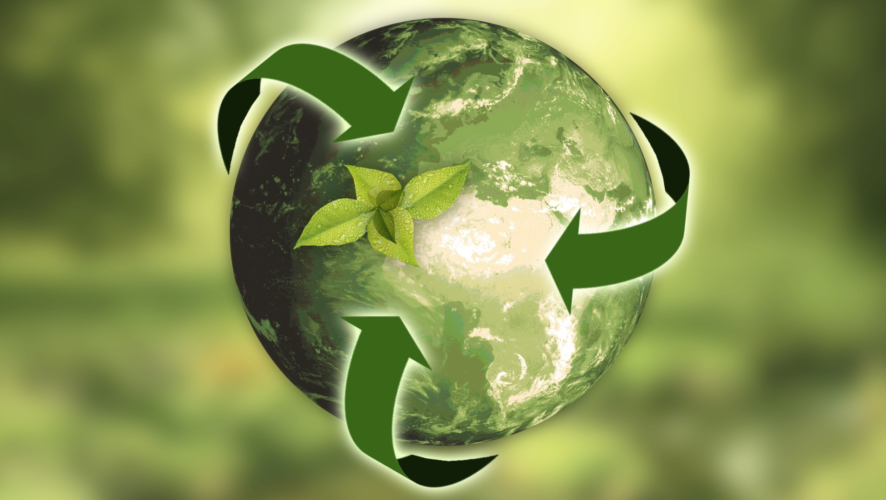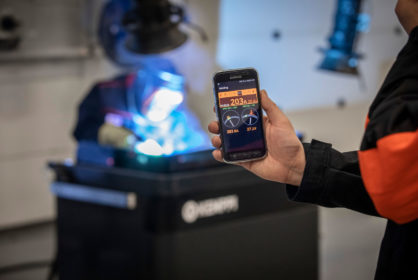This post is also available in: 
In these times of energy crisis and climate change, many eyes are turned towards the manufacturing industry. How can a manufacturer stand for responsibility while also working towards both a profitable and environmentally friendly future? True responsibility is more than an obligation, it is an integrated feature.
When talking about a manufacturing company’s responsibility, we can refer to social, governmental, or environmental responsibility – or all of them. To tackle challenges like the energy crisis and climate change, standards for manufacturing companies are becoming increasingly strict. But is responsibility just merely to fulfill these requirements?
For a long time now, Kemppi has made responsibility an integrated part of its daily business processes. The headquarters and main factory located in Finland currently employs nearly 400 people and covers a total area of almost 30,000 m2, and the company holds ISO 9001, 14001 and 45001 certificates. The opportunities to make an impact are numerous.
Materials are the key to reducing the environmental footprint
One of the most important ways to impact Kemppi’s environmental footprint lies in the raw materials. Harnessing the material flow is one of the key tasks of product development – packing materials are reduced continuously, and the emphasis is on using recyclable materials whenever possible. The origin and quality of the materials we use matter.
As part of the long-term strategy, Kemppi is known to manufacture long-lasting welding equipment that creates less waste and is a sustainable choice for the customers.
Kemppi reuses packing materials whenever possible without compromising the usability and protection they offer. Harsh conditions and long distances call for sturdy packing that is optimized for environmental requirements – we only use packing materials that have a purpose. This is the message that Kemppi wishes to deliver: we care for our share.

Waste management and recycling processes are constantly improving
Waste recycling is obligatory in Finland, and at Kemppi, timber, metal, hazardous materials, cardboard, and paper are carefully separated in their own containers. All this work is carefully documented, and long-term statistics on the waste amounts are kept. Kemppi has a long-standing collaboration with Kuusakoski, a local pioneer in the circular economy that restores value to waste material by collecting, processing, and upgrading it into new raw material.
“In early 2022, Kemppi, in collaboration with Kuusakoski, conducted an analysis of the recyclability of Kemppi’s welding machines. The analysis gives us a framework for future recycling processes and improvements”, said Harri Kivelä, Group QEHS Manager.
Furthermore, Kemppi actively guides its suppliers, dealers, and subsidiaries towards the best recycling practices. User manuals of Kemppi equipment include recycling instructions, and recently, Kemppi has put a lot of effort into localizing these instructions, as each country has its own procedures. To make sure that requirements on the environmental side are met, Kemppi audits its suppliers and is simultaneously also audited by third parties.
EneEnergy-efficient manufacturing requires smart solutions
As stated in the EU’s EcoDesign Directive, energy-intense manufacturing requires smart solutions for saving energy. At Kemppi, this is not something new.
“Our way of working has been energy-wise for a long time. We do continuous improvements with a long-run perspective at the factory and are following yearly energy efficiency targets that we measure carefully. We want to be a pioneer not only in the welding business but also in terms of responsibility”, said Kivelä.
In early 2022, Kemppi conducted a carbon footprint analysis which serves as a framework for our future development work, for both short- and long-term improvements. As a responsible manufacturer, Kemppi wants to understand the impact of its operations, and make sure that there is more to it than just fulfilling standards and meeting requirements. Most of the work is not a result of obligation, but rather it is done because we feel that it is the right thing to do.
Read also Kemppi’s sustainability statement.













